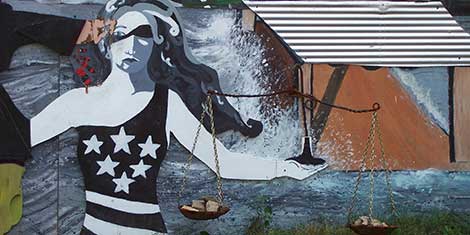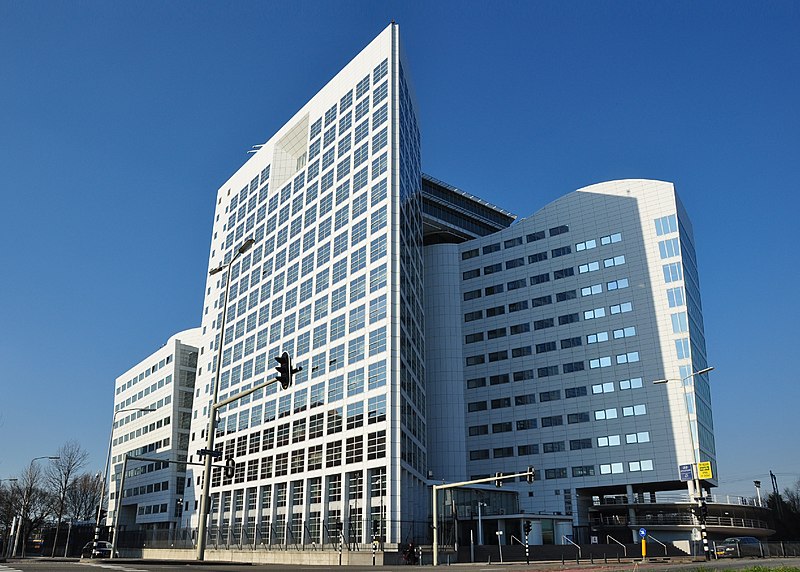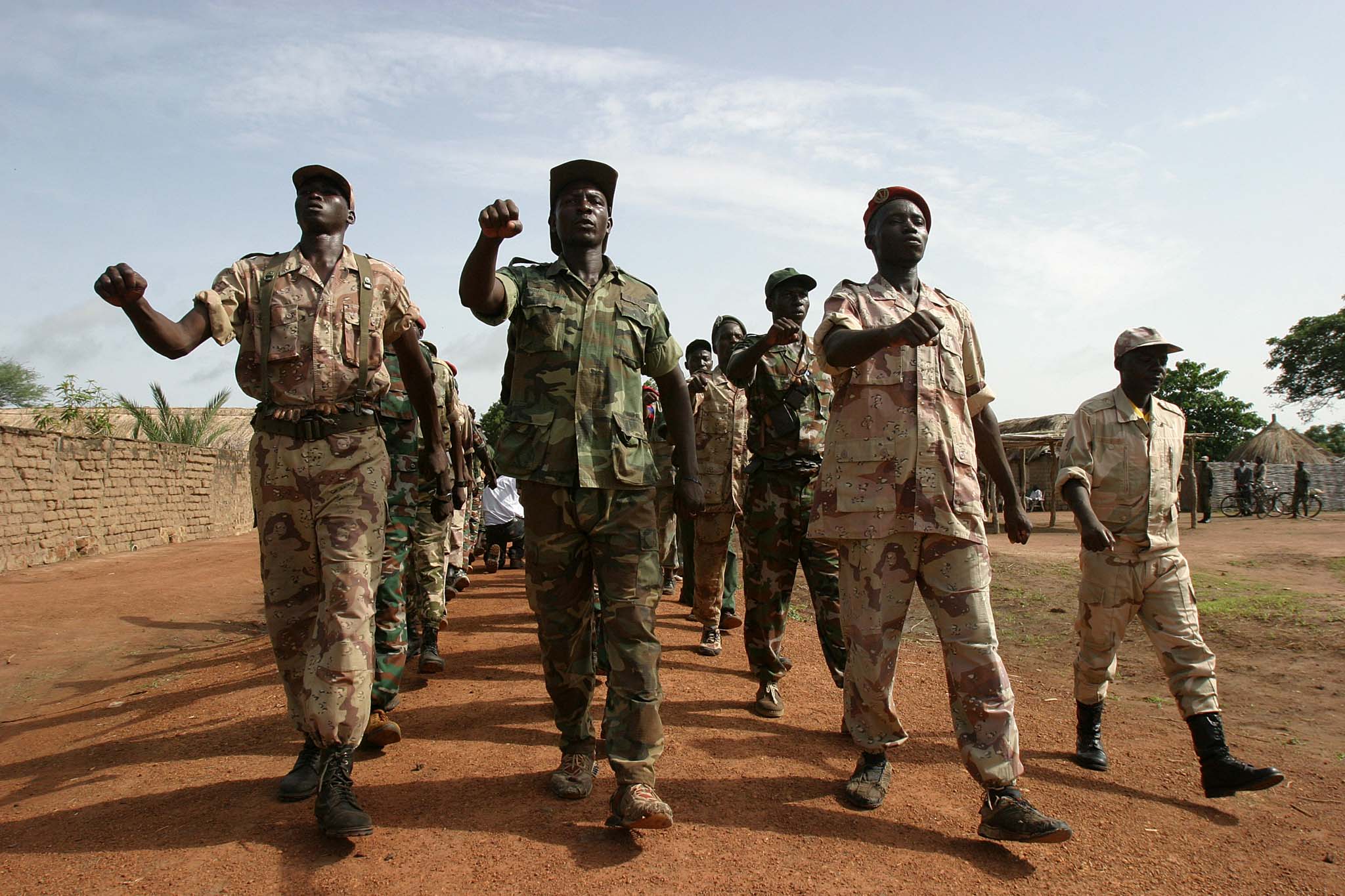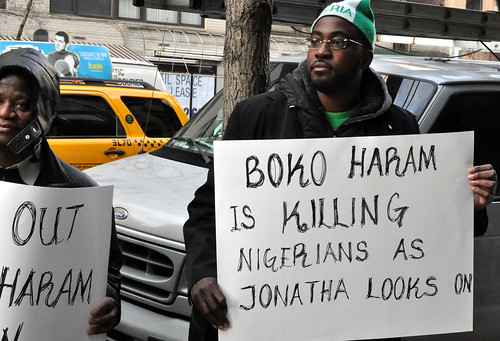
This article was originally published by IPI Global Observatory on 4 December 2017.
The International Criminal Court (ICC) is set to gain jurisdiction over the crime of aggression. For the first time since the end of World War II, world leaders could be held accountable for waging war. States parties are expected to vote on an amendment that will close the last major gap in the court’s founding treaty, extending the ICC’s jurisdiction beyond the crimes of genocide, crimes against humanity, and war crimes. Should the amendment be activated, however, the hurdles to its application, interpretations of its meaning, and the political interests involved cast doubt on whether aggression will be prosecuted any time soon.



